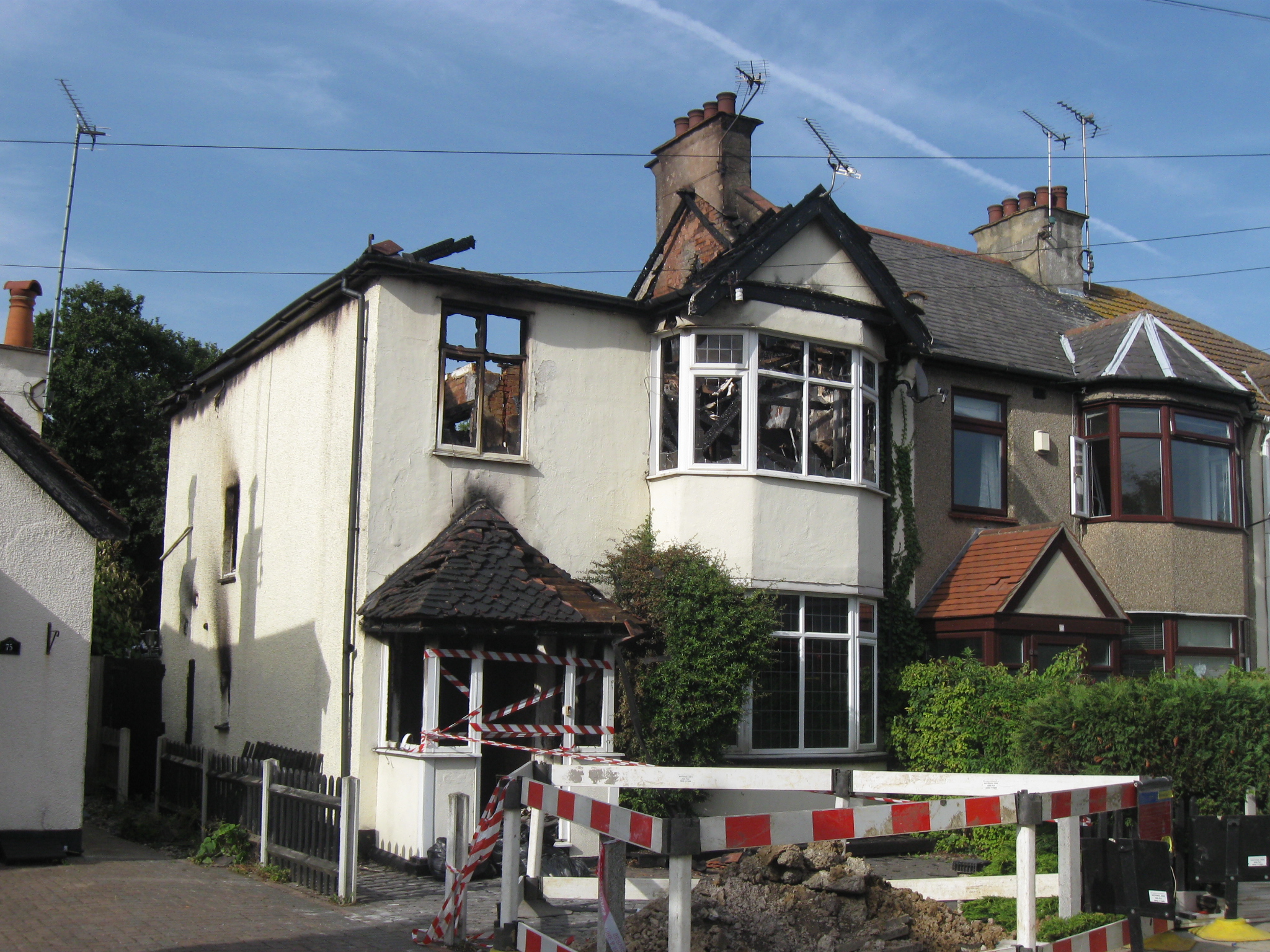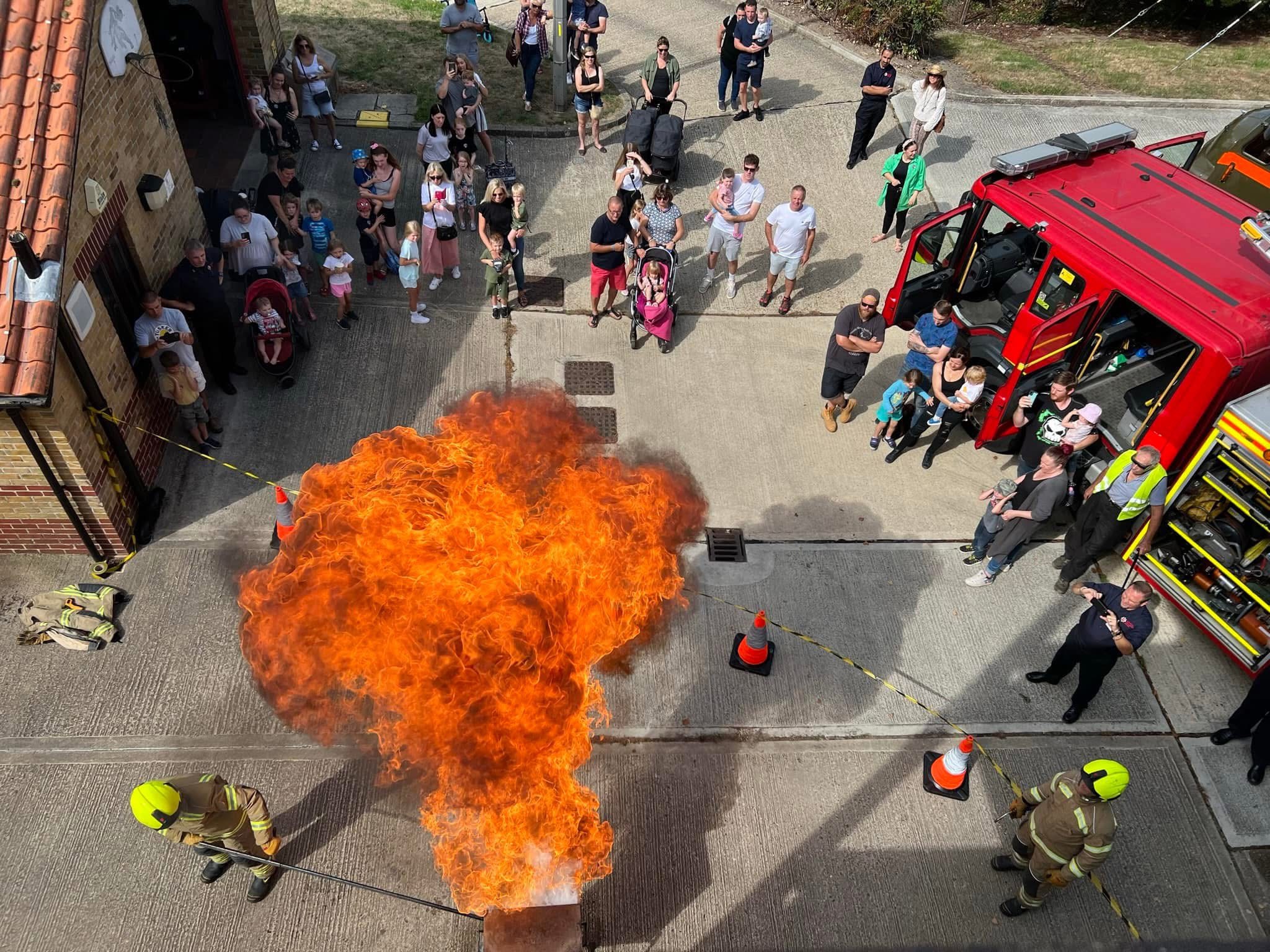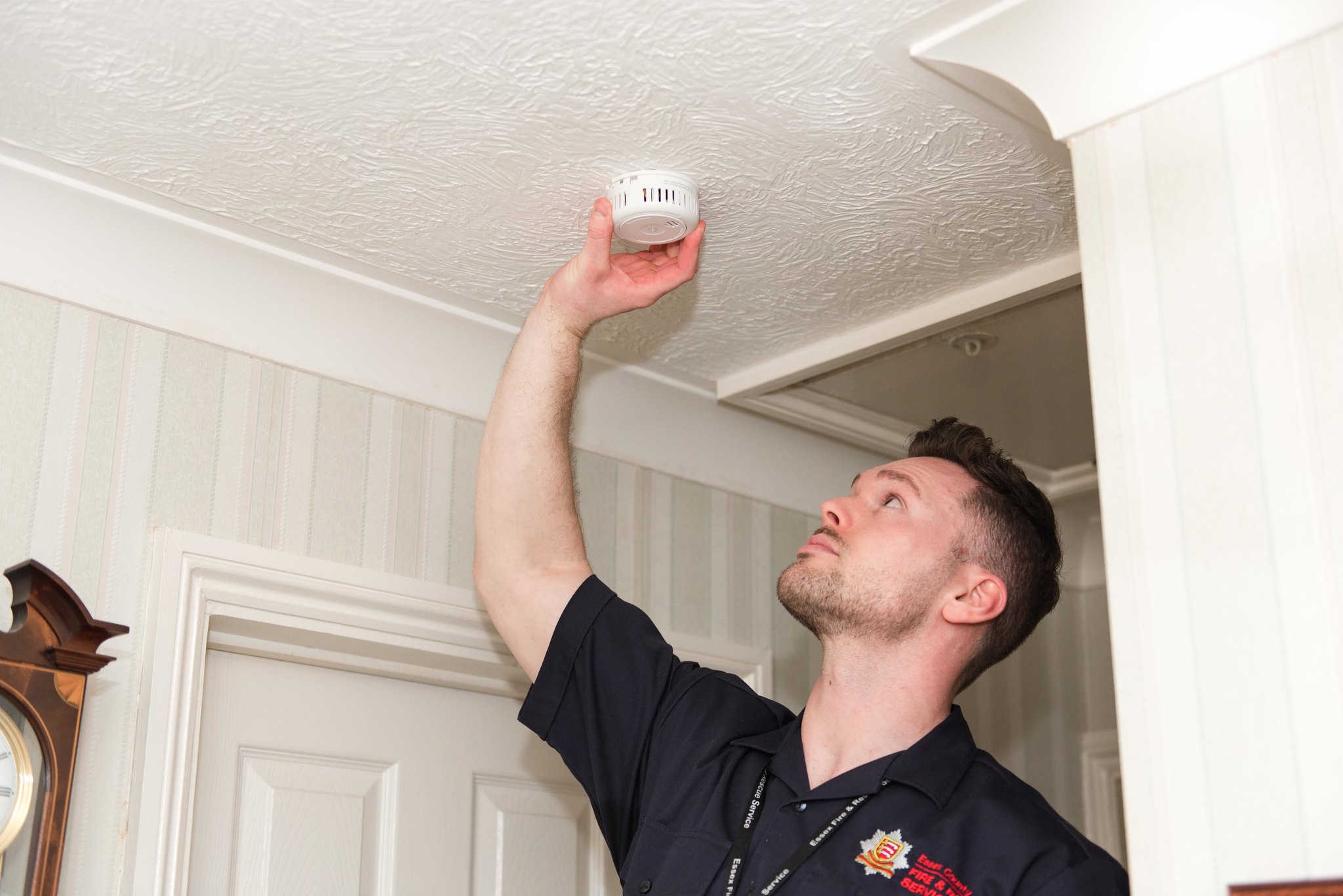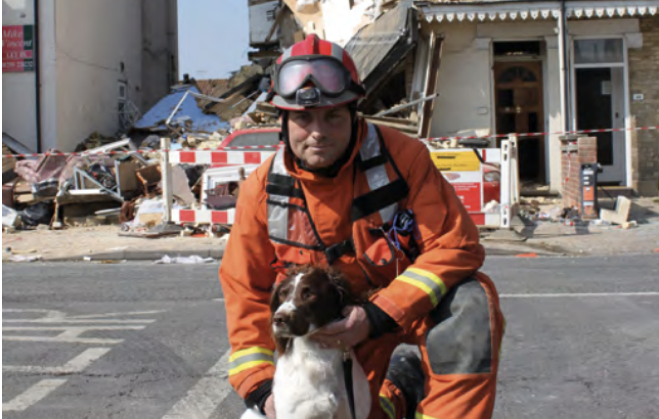
What to do after a fire in your home
Experiencing a fire in your home can be overwhelming, but knowing the right steps to take can help you regain control and start the recovery process. This webpage provides practical advice on ensuring safety, contacting the appropriate professionals, handling insurance claims, and much more.
What will happen immediately after a fire
Once the fire has been put out, the fire officer in charge will give you a document called an incident handover or provide a verbal report. This will let you know:
- whether you can safely re-enter your home
- if your gas, electricity, oil or water has been turned off
- how much damage was caused
- what your incident number is – you’ll need this if you contact the fire service or make an insurance claim.
If you were not home at the time of the fire, the officer may give the information to a friend or neighbour.
Fire can damage the structure of a building. The fire service may call a building inspector from the local council to check how safe your property is. If it’s unsafe, the inspector will order the building to be sealed off. You will not be allowed to enter the property. You’ll need to find temporary accommodation.
If your home is safe to remain living in, firefighters will ensure your smoke alarms are working before they leave.
1. Follow up support
Experiencing a fire can be distressing, but we’re here to support you. While we’ll do everything we can to leave your home as safe as possible, we also offer additional help to give you peace of mind.
You can book a free Home Safety Visit where we’ll provide tailored safety advice, check your smoke alarms, refer you for other services if required and answer any questions or concerns you may have.
Book a Home Safety Visit:
Web: essex-fire.gov.uk/book
Call: 0300 303 0088
2. Your health
Breathing in hot smoke can cause physical harm which you may only notice after a number of hours. You can seek medical advice by phone or online:
- Call NHS 111 - available 24 hours a day
- Go online to: 111.nhs.uk
- Call 999 in a medical or mental health emergency when someone is seriously ill or injured and their life make be at risk.
Anyone with allergies, breathing difficulties or asthma should keep away from the property until the air quality has returned to normal.
All prescription medicines that may have been damaged or contaminated should be returned to the chemist for safe disposal. Other medicines, food or drink exposed to heat, smoke or floodwater must also be thrown out.
3. Your pets
Injured pets, including those that have been affected by smoke inhalation, should be taken to a vet at the earilest opportunity. The Royal Society for the Prevention of Cruelty to Animals (RSPCA) or People’s Dispensary for Sick Animals (PDSA) will also be able to offer help and advice.
4. Your home
If you’re in rented accommodation contact your landlord as soon as possible. If you think your home is not habitable some insurance policies cover alternative accommodation or think about whether you can stay with family or friends.
Your local district council’s housing office may be able to offer emergency accommodation. The British Red Cross also offer excellent crisis assistance
5. Contact your insurers
If you have insurance cover, contact your insurer as soon as possible. Many have 24-hour emergency help lines. The following advice may help you:
- Keep receipts: Save receipts for all work carried out after the incident; these may be required for your claim.
- Document damage: Take photos or videos of damaged property and goods when it’s safe to do so. Create a detailed list of affected items.
- Get quotes: Obtain written quotes for any required building work or redecoration (usually three quotes are needed) and submit these along with your claim form and receipts.
- Inspections: Your insurer may want to inspect the damage before clean up begins, so check with them first.
4. Cleaning and clearing up
Speak to your insurer or landlord as soon as possible as they should be able to help you arrange a professional fire damage cleaning services equipped to handle:
- Water pumping and drying: Specialised equipment can remove water and dry affected areas.
- Safe cleaning: Technicians can clean the property safely and recover valuable documents and items.
If you’re cleaning yourself, it is advisable to wear appropriate protective clothing including masks, gloves and overalls.
Additional tips:
- Ventilate your property as soon as possible by opening windows and doors (while maintaining security). This helps reduce smoke and fumes, which can be harmful to breathe.
- Avoid turning on gas, electricity, or water until inspected and approved by a qualified engineer. Contact your utility suppliers for assistance.
- Check the Environment Agency’s website to verify waste carriers’ licenses if using a rubbish removal service.
5. Security
After firefighters leave, securing your property becomes your responsibility:
- Remove valuables: Safely remove important documents, valuables, and essential medicines if you’re unable to stay in your home.
- Lock up: Close and lock all windows and doors to deter theft.
- Temporary security:
- If you cannot secure your property, arrange for emergency contractors. If you’re insured, your policy may cover these costs.
- Notify authorities: Inform the police if your property is left unoccupied.
6. Lost or damaged documents
You can find help and online application forms and information at the following websites:
- Drivers Licence: gov.uk/apply-online-to-replace-a-driving-license
- Passport: gov.uk/report-a-lost-or-stolen-passport
- Birth, marriage or death certificates: gov.uk/order-copy-birth-death-marriage-certificate
- Insurance documents: contact your insurers who will issue duplicate documents.
- Bank documents and cards: Contact your bank or building society about replacements of any documents or cards needed.
- Medical records or prescriptions: Contact your doctor or the local hospital about any medical records or prescription needs.
7. Chimney fire
- The chimney will remain hot for several hours so place a guard in front of the fire. Place a non-flammable container in the fireplace half filled with water to catch any falling debris. Leave the chimney to cool for 24 hours.
- Have the chimney swept as soon as possible and then regularly at least once a year. If you burn low-grade fuels such as wood, the chimney will need sweeping more often.
8. Vehicle fires
- A burnt vehicle is still very dangerous, even when the fire is out. Stay a safe distance away and take care if you're near a busy road.
- It is your responsibility to remove your damaged car and associated debris from the highway. This may be done under the terms of your breakdown recovery service or motor insurance policy.
- Report the incident to the police if the fire was the result of a crash, suspected arson or if someone (or an animal) was injured.
- When safe to do so and as directed, remove any valuables and documents.
9. If you’re struggling to cope after a fire
The experience of having a fire at home can be very distressing. Even if you were not injured, the effects of a fire on your mental health can be felt for months and years after. There is a number of support agencies to help you.
- Contact your GP
-
NHS England: www.england.nhs.uk/london/our-work/mental-health-support/help-and-support/
- The British Red Cross have trained staff and volunteers who can help if you’d like to talk about any difficulties you’re having. You can call them on: 0808 196 3651.
More information
If you need extra help or information, please contact our Home Safety Team:
Email: home.safety@essex-fire.gov.uk
Call: 0300 303 0088
Stay informed
Sign up to receive our monthly newsletter with updates and important safety messages from your fire service.
Sign up here: essex-fire.gov.uk/signup
Feedback
If you’d like to tell us about your experience and give us any feedback, please contact us via our website: essex-fire.gov.uk/contact-us


